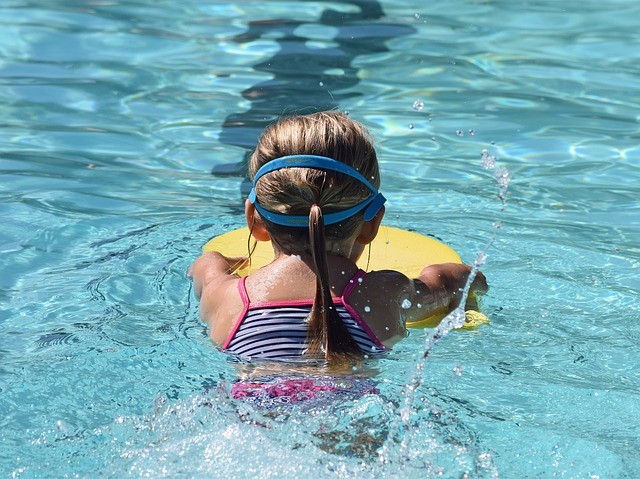Definition of Physical Fitness
& How it Relates to Your Kids Health

Understanding the definition of physical fitness and how it relates to your child's level of physical activity and exercise is key to raising a healthy kid.
Parents, believe it or not, we play a huge role in our kids health.
There's a disturbing trend in American society today regarding the health of our young people.
Childhood obesity is on the rise as kids are developing some very poor lifestyle habits:
They have become more sedentary, spending time in front of the TV, computer, or texting friends as opposed to playing outside.
The are eating unhealthy diets, filling up on high-fat fast food in place of eating more nutritious fruits and vegetables.

They are spending less time in physical education classes or at recess, sitting in classrooms all day long instead of expending energy.
They are not getting sufficient sleep at night, preventing their bodies from receiving the rest they need to function properly.
They are not participating regularly in fitness programs or sports activities, choosing to sit passively on the sidelines instead.
Parents, it's up to us to reverse the trend.
It's our responsibility to raise healthy kids and teach them to develop the daily habits which will allow them to lead a healthy lifestyle. We've got to teach our children the importance of being physically fit.
Definition of Physical Fitness
So what exactly is physical fitness?
Basically, it's the ability of the body to function both effectively and efficiently when performing physical activity without becoming exhausted too quickly.

Physical fitness is generally broken down into 2 categories: health-related fitness and motor skill-related fitness.
Motor skill-related fitness components deal more with those skills necessary for participation in athletics, like power, speed, agility, balance, and coordination.
Health related fitness components, on the other hand, are those attributes that affect a person's overall health on a daily basis. Those are the ones we'll focus on here.
The Definition of Physical Fitness
There are 5 components of physical fitness that deal with health-related fitness:
- Cardiovascular-respiratory function – the ability of the heart, lungs, and blood vessels to provide enough oxygen for the body to perform sustained physical activity
- Body composition – the percentage of body fat in relation to the body’s muscle mass and bone
- Flexibility – a measure of the range of motion of different joints in the body
- Muscular strength – the ability of a muscle to exert a force
- Muscular endurance – the ability of a muscle to exert a force over a sustained period of time

Click here to learn more about the positive benefits physical activity for your kids.
The FitnessGram is a fitness test administered to public school kids in the state of Texas. The test measures student performance in each of the 5 fitness areas. Follow the link to find standards for children at different ages.




